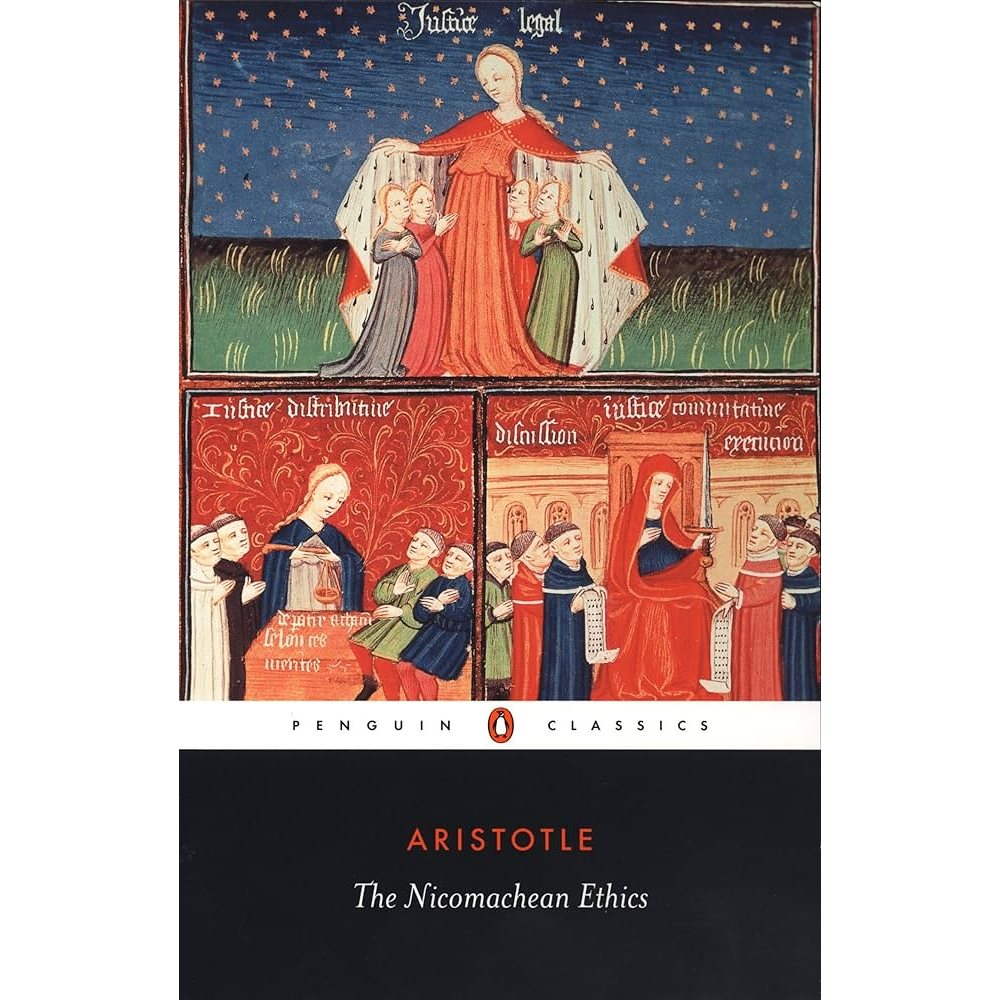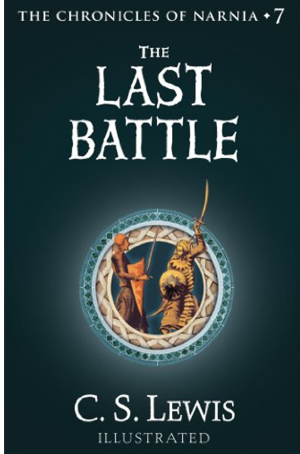Description
“One swallow does not make a summer; neither does one day. Similarly neither can one day, or a brief space of time, make a man blessed and happy”
Previously published as Ethics, Aristotle’s The Nicomachean Ethics addresses the question of how to live well and originates the concept of cultivating a virtuous character as the basis of his ethical system. Here Aristotle sets out to examine the nature of happiness, and argues that happiness consists in ‘activity of the soul in accordance with virtue’, including moral virtues, such as courage, generosity and justice, and intellectual virtues, such as knowledge, wisdom and insight. The Ethics also discusses the nature of practical reasoning, the value and the objects of pleasure, the different forms of friendship, and the relationship between individual virtue, society and the State. Aristotle’s work has had a profound and lasting influence on all subsequent Western thought about ethical matters.
This Penguin Classics edition is translated from the Greek by J.A.K. Thomson with revisions and notes by Hugh Tredennick, and an introduction and bibliography by Jonathan Barnes.






